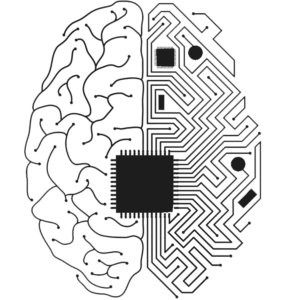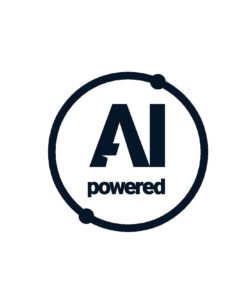Turnover in Pharma: Revealing the Price Tag

When a medical representative leaves the company he doesn't only take institutional knowledge with him, but his retinotopic intelligence, customer relationships, sales territory intelligence that he has built while working there. Resulting in colossal amounts of knowledge leaving a company.
But how does that influence a company’s bottom line? What are the consequences to that “memory loss”?

According to Panopto’s research, 42% of the skills and expertise required to capably perform in a given position will be known only by the person currently in that position. In other words, if the current person leaves, their remaining colleagues won’t be able to do 42% of their work, and someone hired into that role will need to learn 42% of it from scratch.
Several studies have proven that the average expense to replace an entry-level employee can be up to 50% of that employee’s salary. For a managerial position, that replacement cost might go up to 150% of the annual salary.
Nevertheless, the newly hired employee, on average will work 200 hours inefficiently, as there won’t be sufficient data left from a previous employee to learn from. These 200 hours will be spent building everything from scratch, starting with retrieving the data by asking information from their colleagues, managers, waiting for a proper response, trying and failing certain activities and methods, just to “prepare” to duplicate the work process of a previous employee and built his.
But then the medical representative has to start on-boarding on new to him territory, meet the HCP’s and try to build relationships without having the knowledge of where it previously was left- off, while at the same time trying to meet the sales target. Such inefficiencies will cause medical rep frustration, affect his work productivity, cause delays and risk of unmet sales target, which will eventually have an effect on the company's bottom line.
So how can companies minimize the negative effects of medical representative turnover and control the speed of the recovery time?

Unless the valuable sets of data and medical representative’s retinotopic intelligence are recorded and stored in a place accessible for the substitute employee, the company loses invaluable knowledge and resources.
Share the knowledge

In fast-paced world companies should seek to create an educational culture that's filled with transferable knowledge, by setting rules that employees knowledge should be documented, stored and accessible at any given time
Unlock the power of knowledge with Artificial Intelligence 
Using the available advantages of today’s technology and the power of artificial intelligence that will learn from an employee's behavior, companies can implement and foster a digital learning environment that will potentially integrate the sales efforts, break down tremendous amounts of data and share that knowledge effectively to work and compete efficiently, minimizing any potential drawbacks.